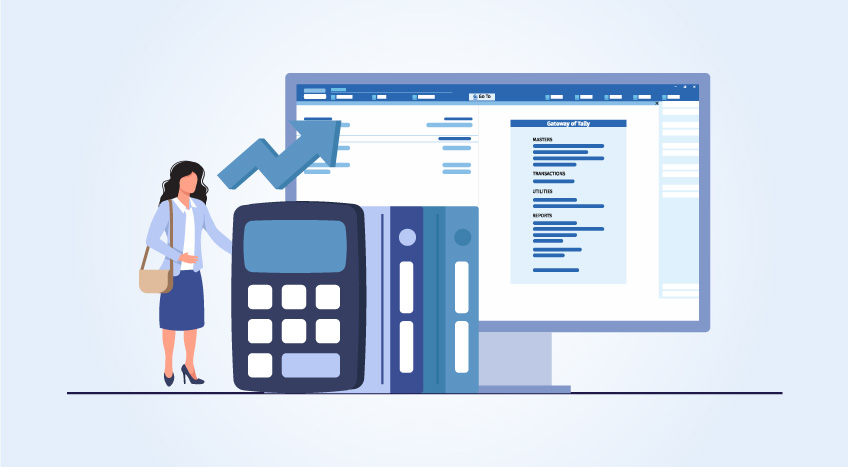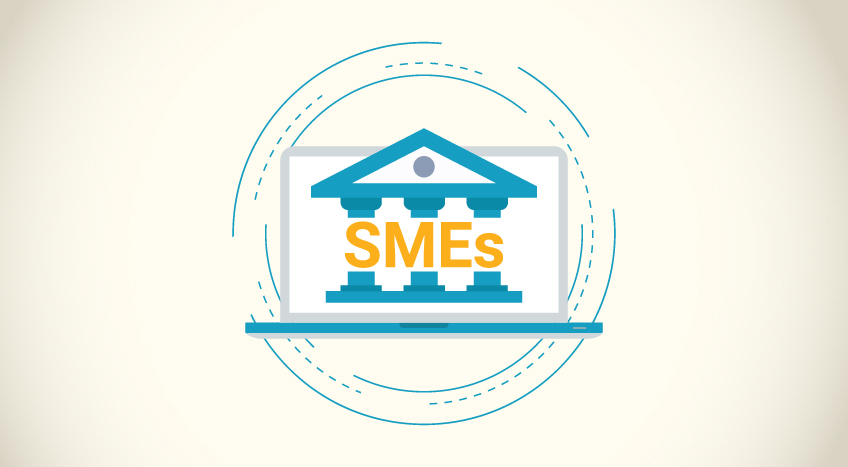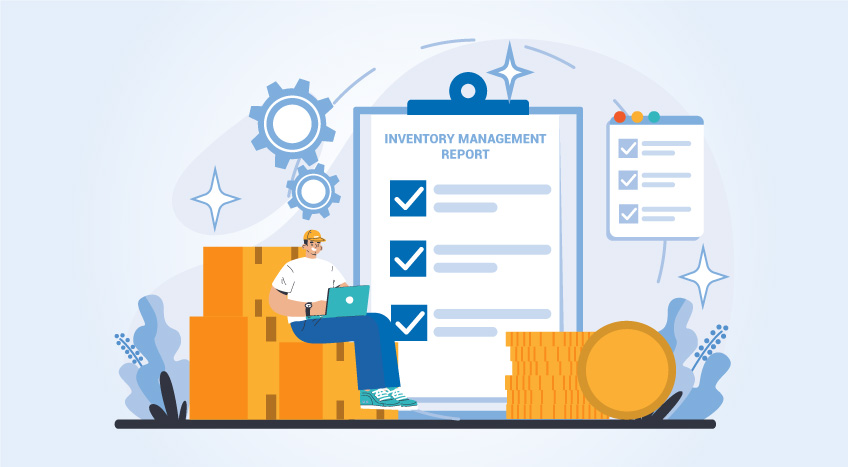- What is forensic accounting in simple terms?
- Types of forensic accounting
- What is the role of forensic accounting?
Accounting is more than just maintaining financial transactions and generating reports. It is also an accountant's responsibility to ensure that there is no fraud or malpractice in the accounting process. Whether internal or external, the auditing process is to verify if the company is following the accounting standards and to identify any accounting malpractices. When fraud has been detected, the company usually takes appropriate legal action. Forensic accounting is the investigation of the accounts to gather evidence and proof of the alleged fraud. The results of forensic accounting are usually submitted to a court of law or the relevant authorities as evidence of the fraud. The company’s owners may also call in a forensic accountant to investigate a case of accounting fraud.
What is forensic accounting in simple terms?
Forensic accounting is the detailed analysis and investigation of the financial records and information of a person or an institution to investigate any financial malpractices or fraud. A forensic accountant combines accounting, auditing, and investigative skills to find evidence of fraud. A forensic accountant usually gathers evidence and publishes a report for litigation such as fraud, insolvency, insurance claims, embezzlement, and any kind of financial malpractice or theft. The work of a forensic accountant is far more detailed than that of an auditor.
The analysis of a forensic accountant should be useful in legal proceedings and support a legal case. They should be able to explain how a financial fraud was carried out with supporting evidence in a court of law. They should also be able to follow clues to trace funds, identify assets and help recover assets. In simple terms, a forensic accountant is the detective of the accounting world who patiently investigates accounting information over periods of days, months, or years to uncover the trail and methodology that a fraudster has used.
Forensic accountants can also help quantify the amounts involved in a legal dispute. This is especially useful in divorce proceedings or insurance claims.
Some larger companies have a forensic accounting department to help them prevent accounting malpractices.
Types of forensic accounting
The types of forensic accounting and forensic accounting techniques vary as do the different types of accounting fraud. However, certain common types of forensic accounting are the most common, and they are:
- Financial theft: Accounting fraud can be committed by the company's employees, customers, or outsiders. Such issues are usually detected during auditing. Forensic accountants dig deeper to gather evidence and find out the methodology and amounts and.
- Securities fraud: Securities fraud involves a company’s stock or investments. Insider trading is a type of security fraud. Security fraud can be committed by individuals, stockbrokers, or institutions that deal in stocks. Many security fraud cases go to court and get much publicity.
- Bankruptcy: When a company files for bankruptcy, forensic accountants can examine the accounts to determine the sequence of events that led to bankruptcy. They can also verify if the company’s claims and financial statements are true. If any fraud is detected, the accountants can help the company recover from its losses.
- Defaulting on debt: When a borrower defaults on a debt, a forensic accountant can help detect and identify assets that can be used to settle the debt.
- Economic damages: When financial malpractice has cost the company, a forensic accountant can help investigate it so that the company can recover its losses.
- Mergers and acquisitions: Mergers and acquisitions are risky when the company taking over another does not have a clear picture of its actual value. A forensic accountant can help determine the actual status of the company's finances, its values, its return on investment, and any other potential issues. If any issues with mergers and acquisitions end in a lawsuit, a forensic accountant can help dig up proof of foul play or financial misrepresentation.
- Tax evasion or fraud: People and companies try to evade taxes by downplaying their earnings and assets. A forensic accountant helps determine if there has been any coverup to gain tax benefits.
- Corporate valuation disputes: The stated value of a company can sometimes be a misrepresentation through inappropriate accounting practices. Presenting a false picture of a company’s value can mislead investors and potential buyers. A forensic accountant identifies the cover-up and determines the actual value of a company.
- Professional negligence claims: Negligence claims often state a loss that was borne on account of neglect. They can be made against accounting professionals, advocates, and other professionals, and a forensic accountant can determine if the claimed value is true.
- Money laundering: Illegal money may often be routed through a company or person’s accounts. A forensic accountant helps detect such money and trace it to its source.
- Privacy information: Any breach of privacy of sensitive accounting information can harm an individual or company. A forensic accountant can detect the privacy breach and catch the culprit. A data breach can also be a form of terrorism or counterintelligence.
- Divorce proceedings: A person can hide their money and assets from their spouse during a divorce to cheat them of their fair share. In such cases, a forensic accountant can be called in to trace any such hidden asset or money.
What is the role of forensic accounting?
Forensic accounting techniques usually involve the following activities:
- Investigation: A forensic accountant is called when there is already a suspicion of fraud. They examine the books of accounts and look for red flags or discrepancies that indicate the fraud. They may also interview the organization's staff to try and identify the person who has committed the fraud. Their investigations lead to evidence gathering and forming of a hypothesis of how the frauds were committed. They relay this information to the company.
- Reporting: A forensic accountant gathers their findings and presents them as a report. The report may also include suggestions on the case, preventing such fraud, and other steps that the company can take. The forensic accountant also prepares to deliver information on their findings in a court of law.
- Litigation: The forensic accountant is often called as a witness in a legal case to present their findings. They explain how the fraud was carried out in simple terms and present the gathered evidence. The accountant should be able to convey this information in a manner that is understood by the members of the court who may not be accounting experts.
Read More:










